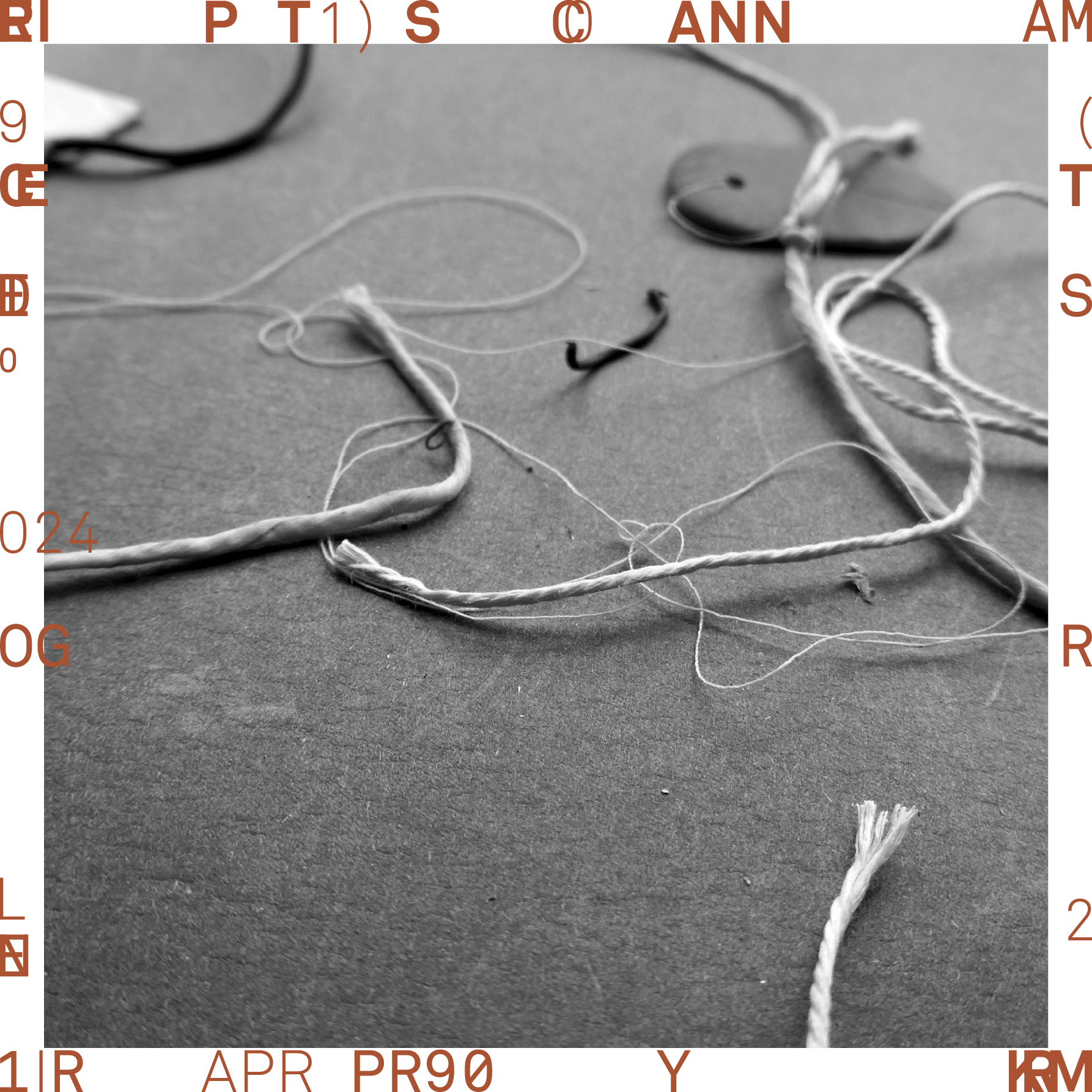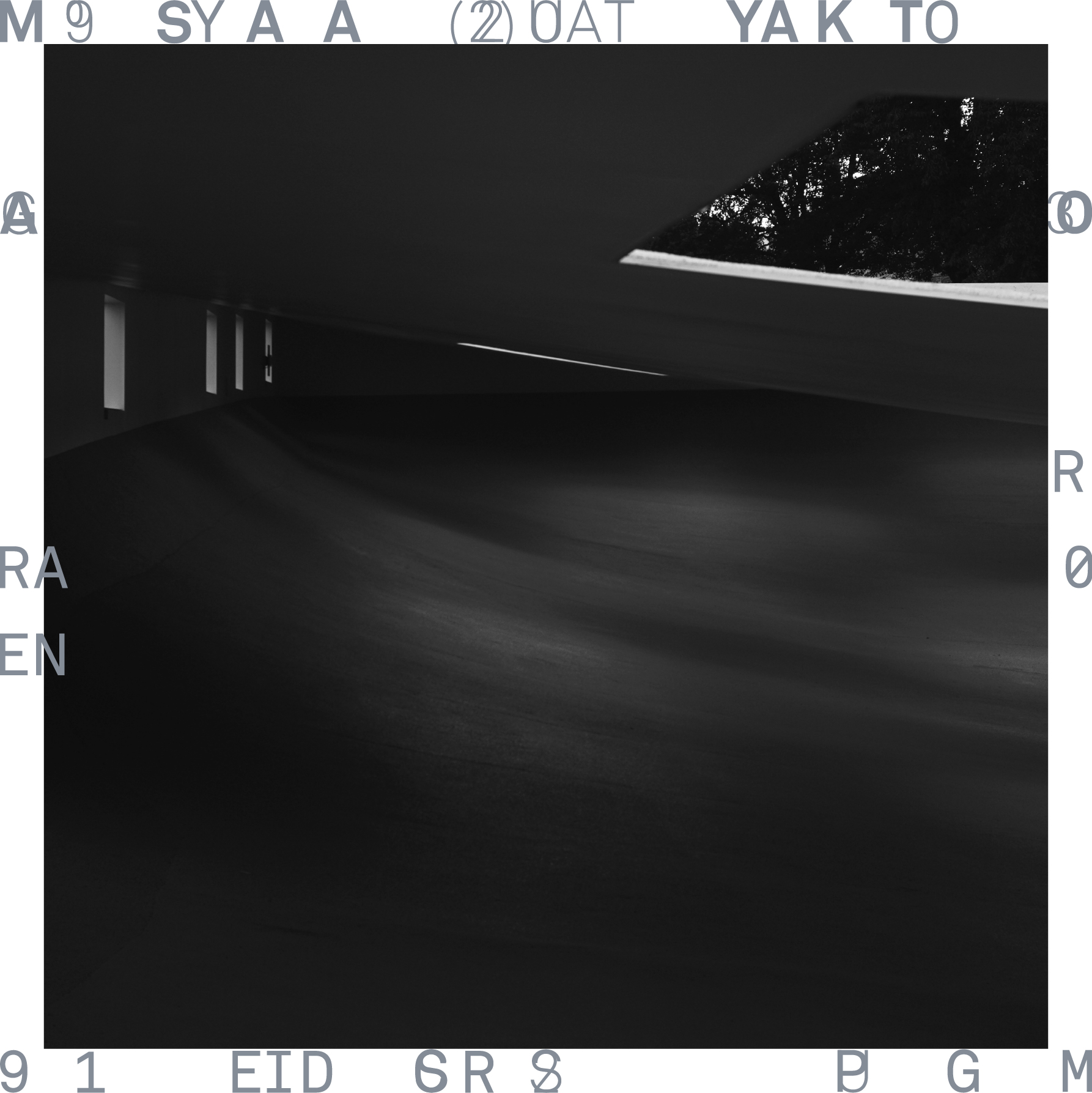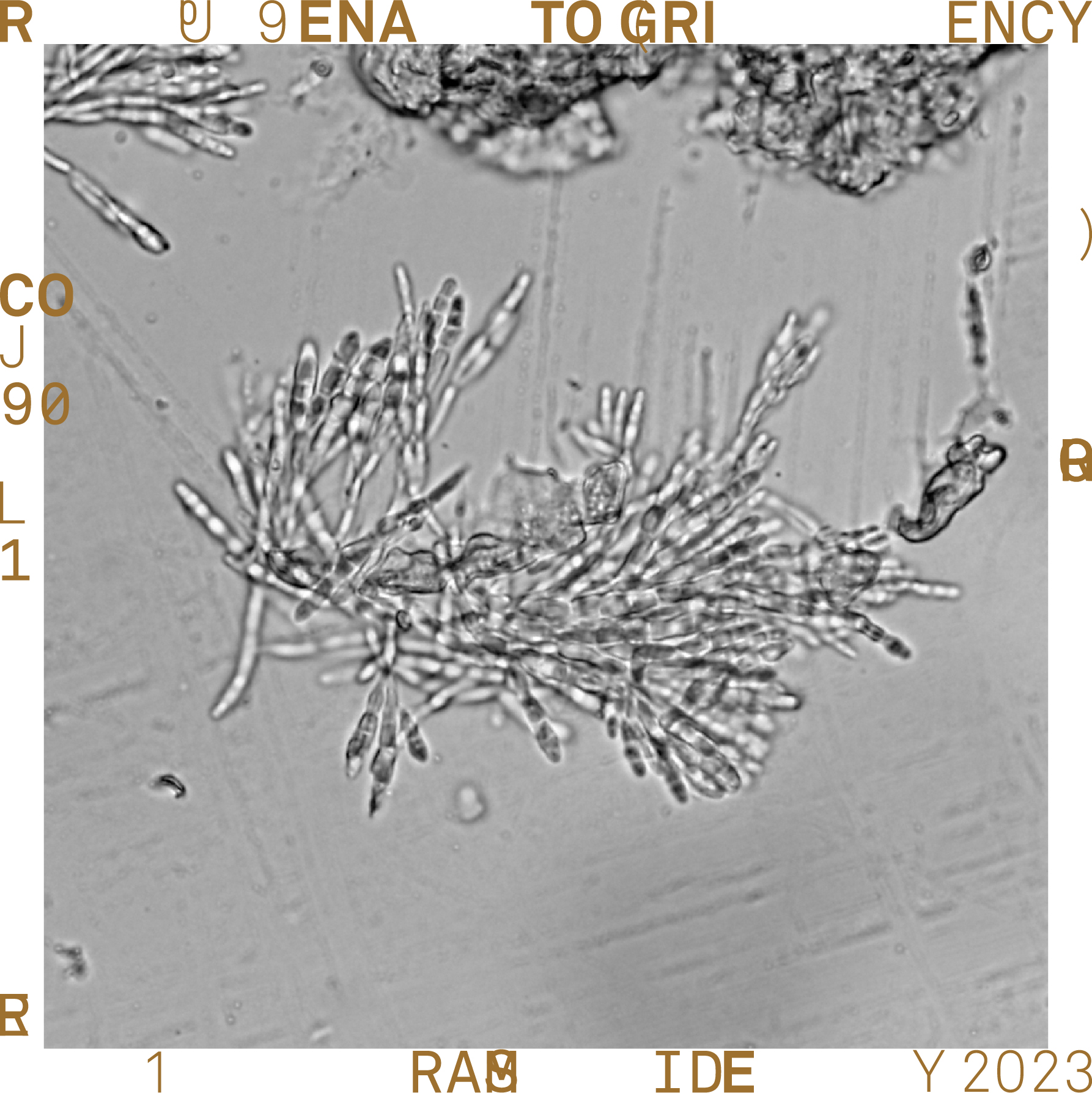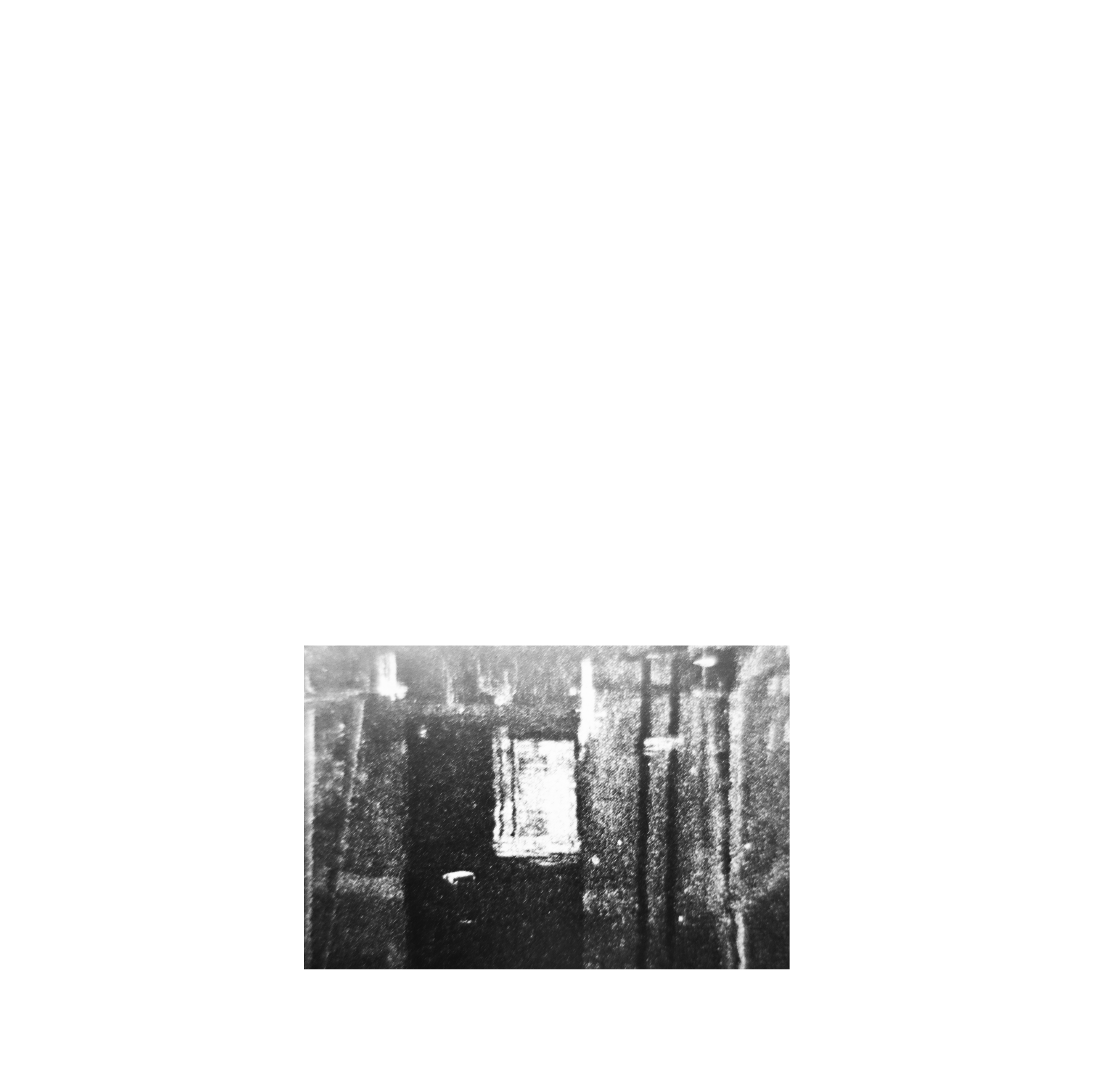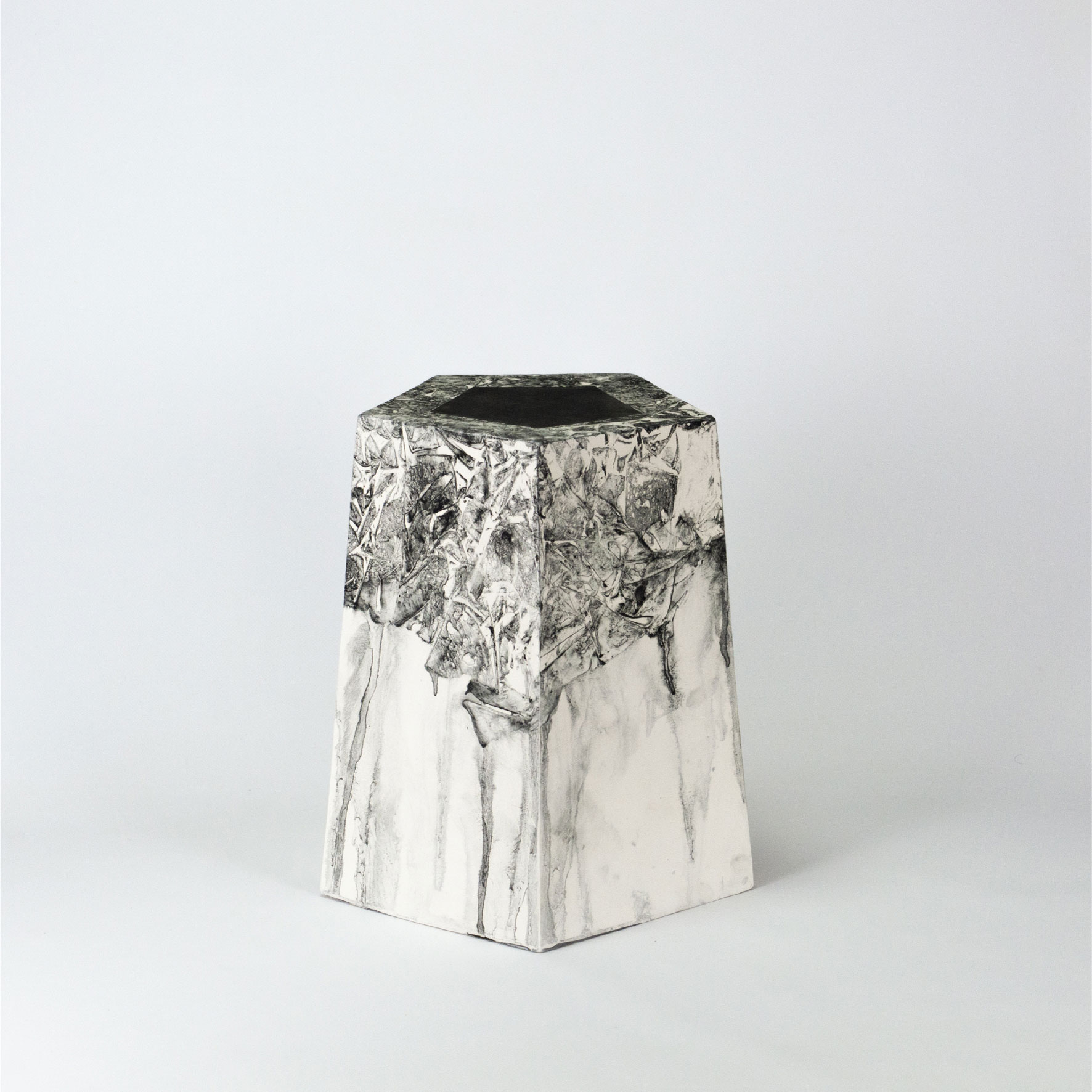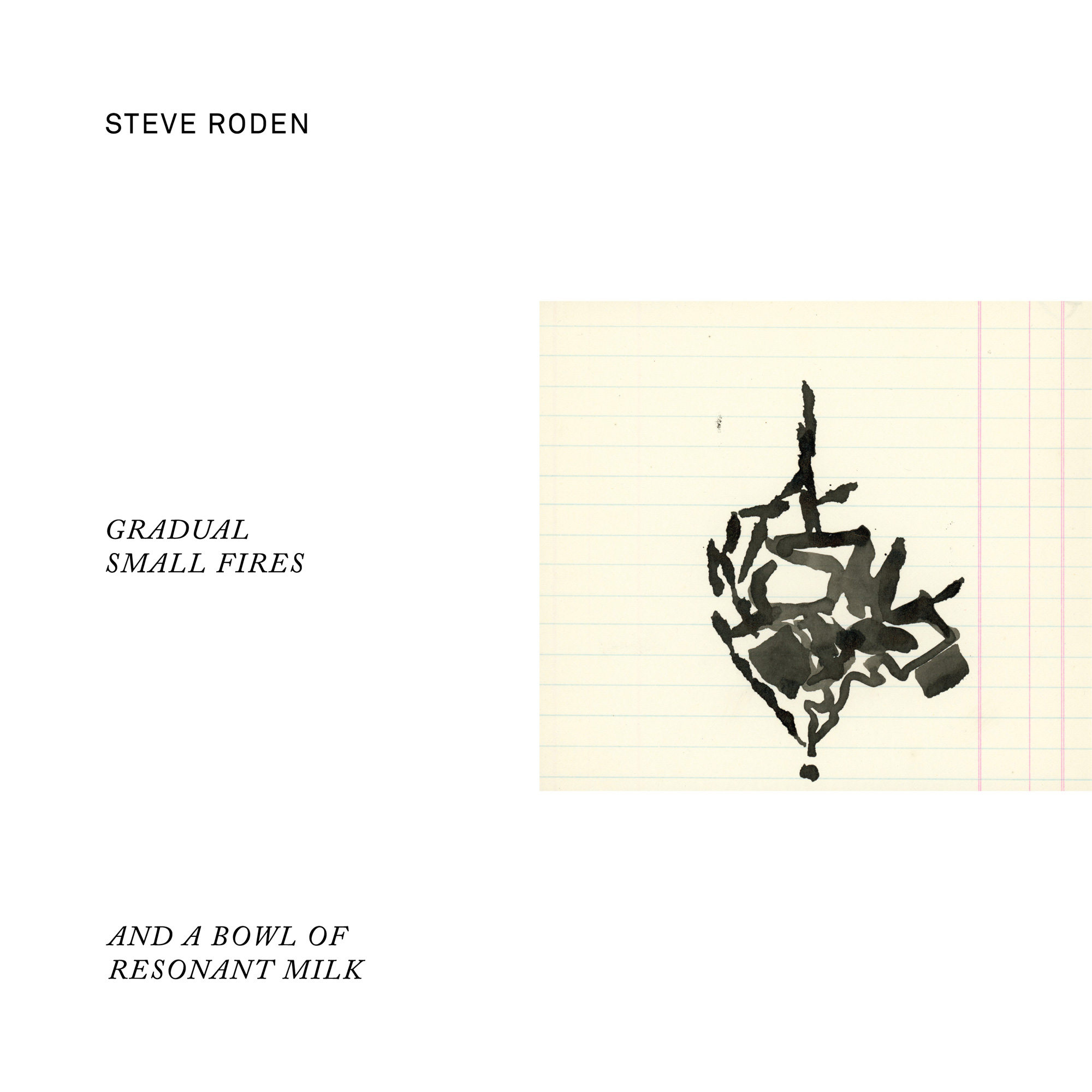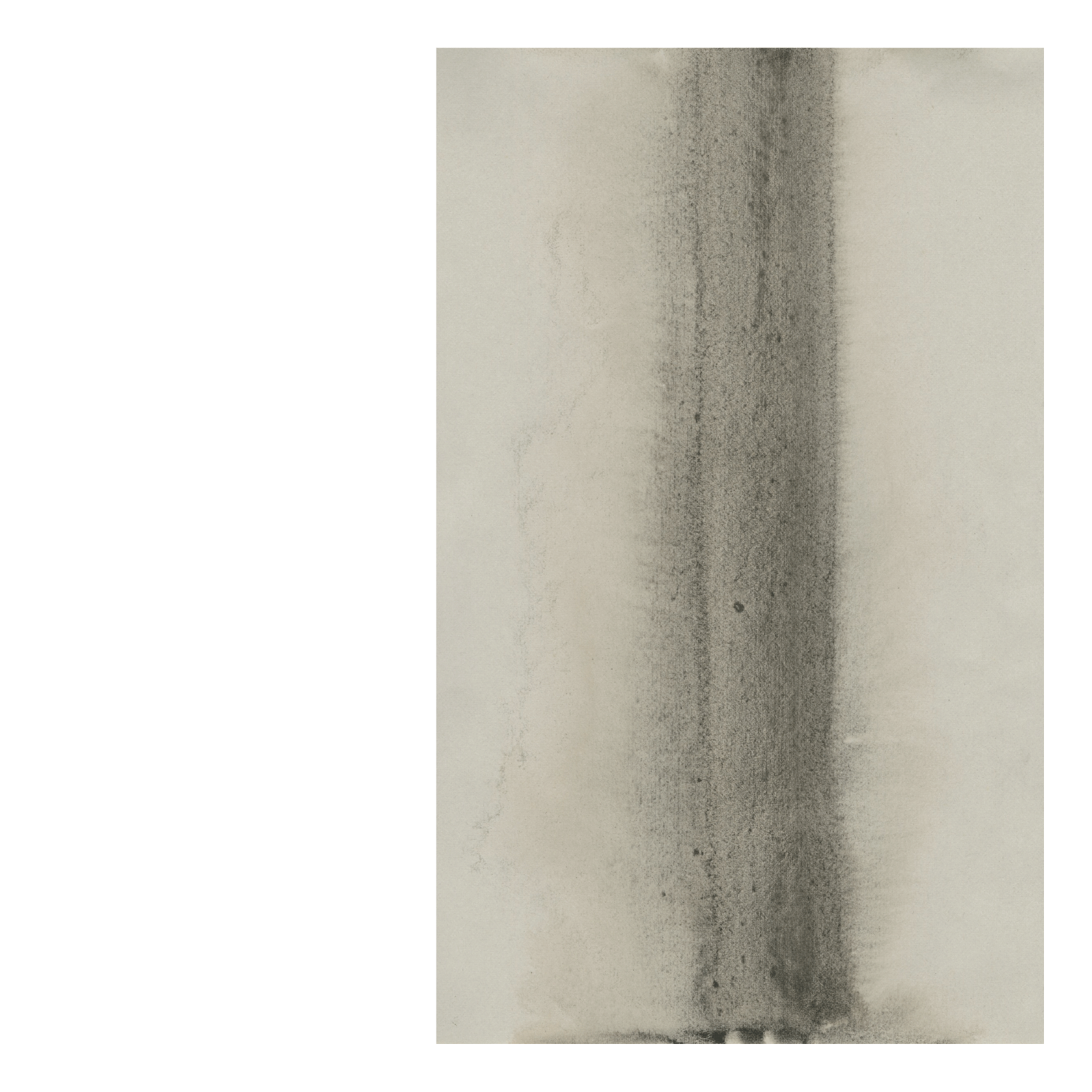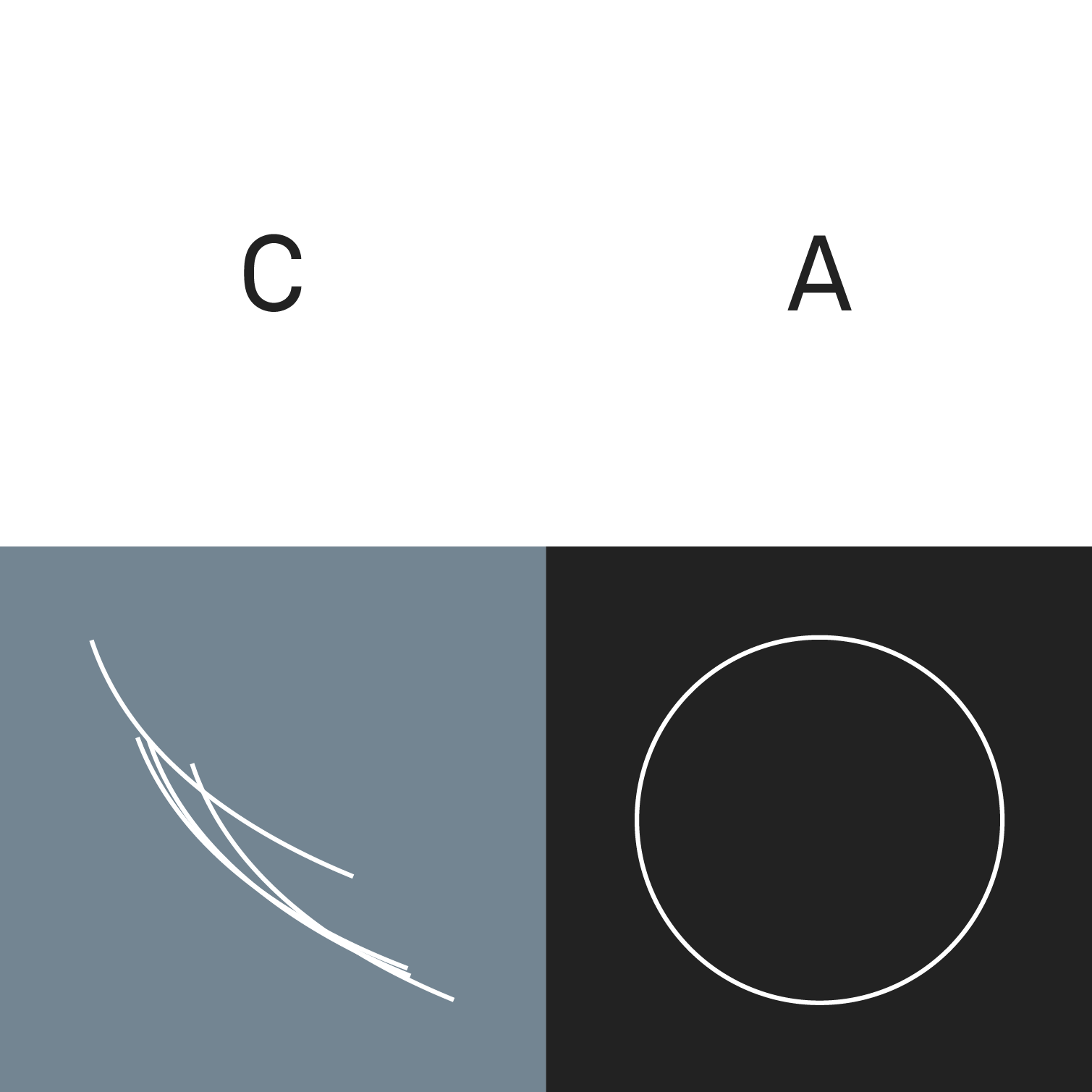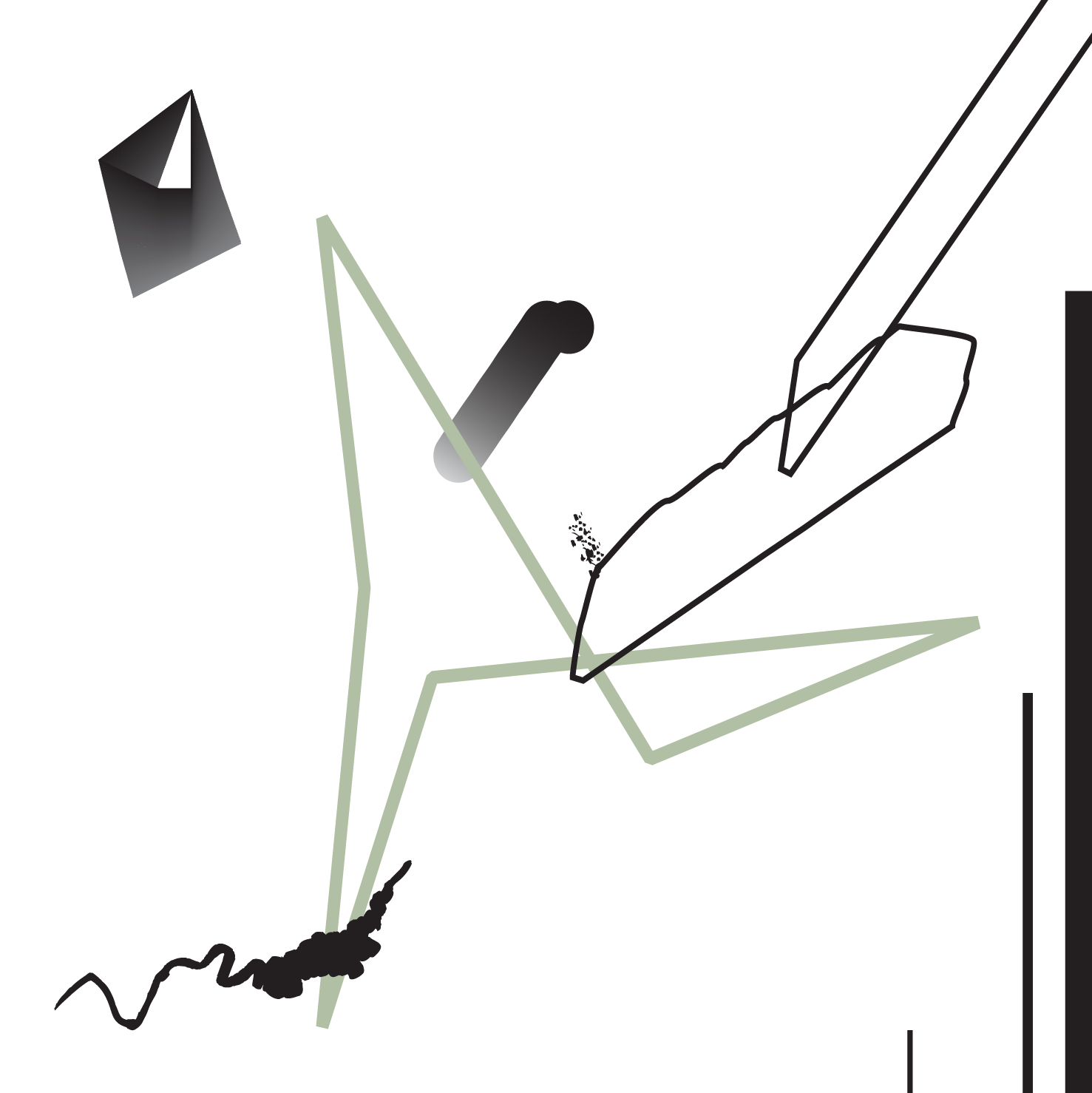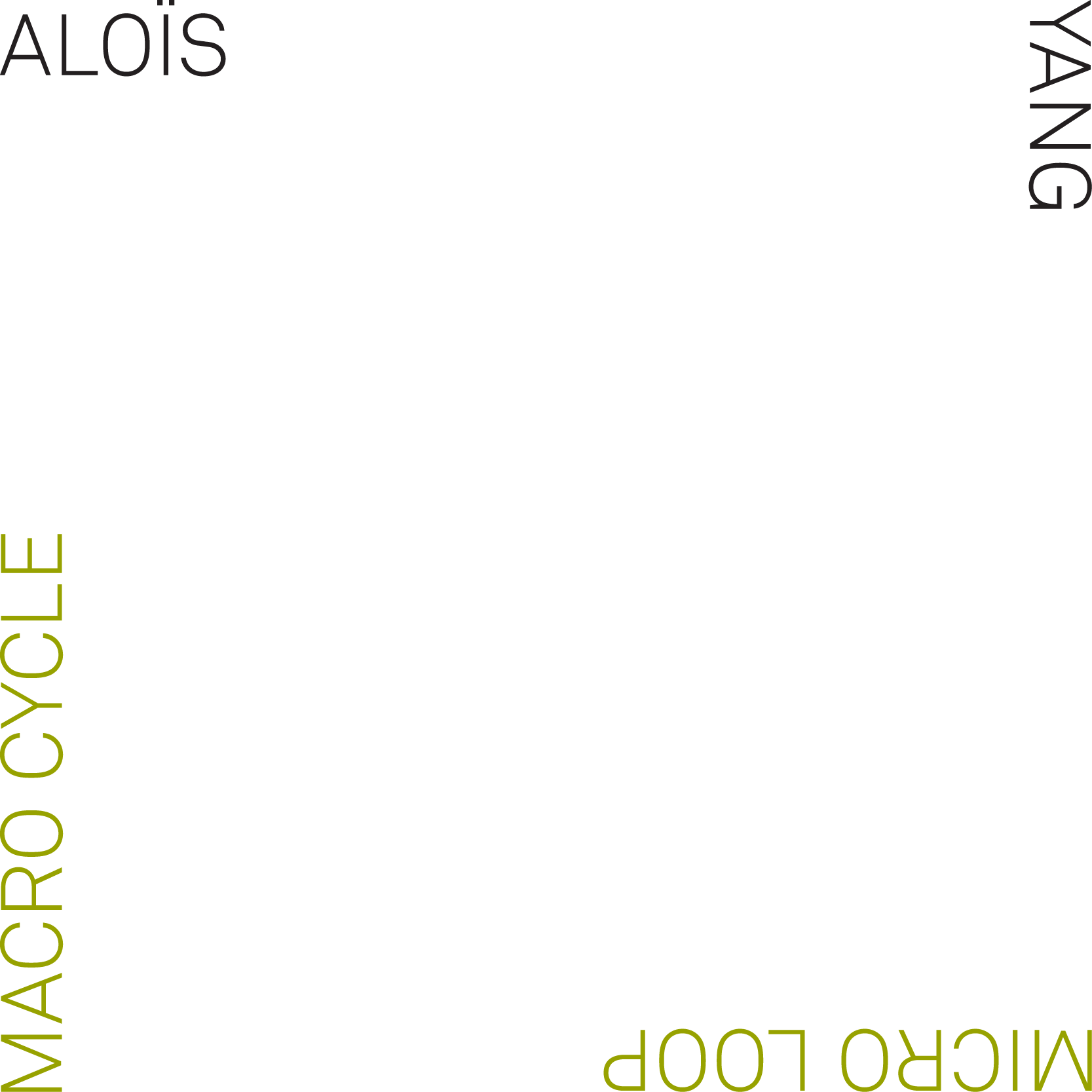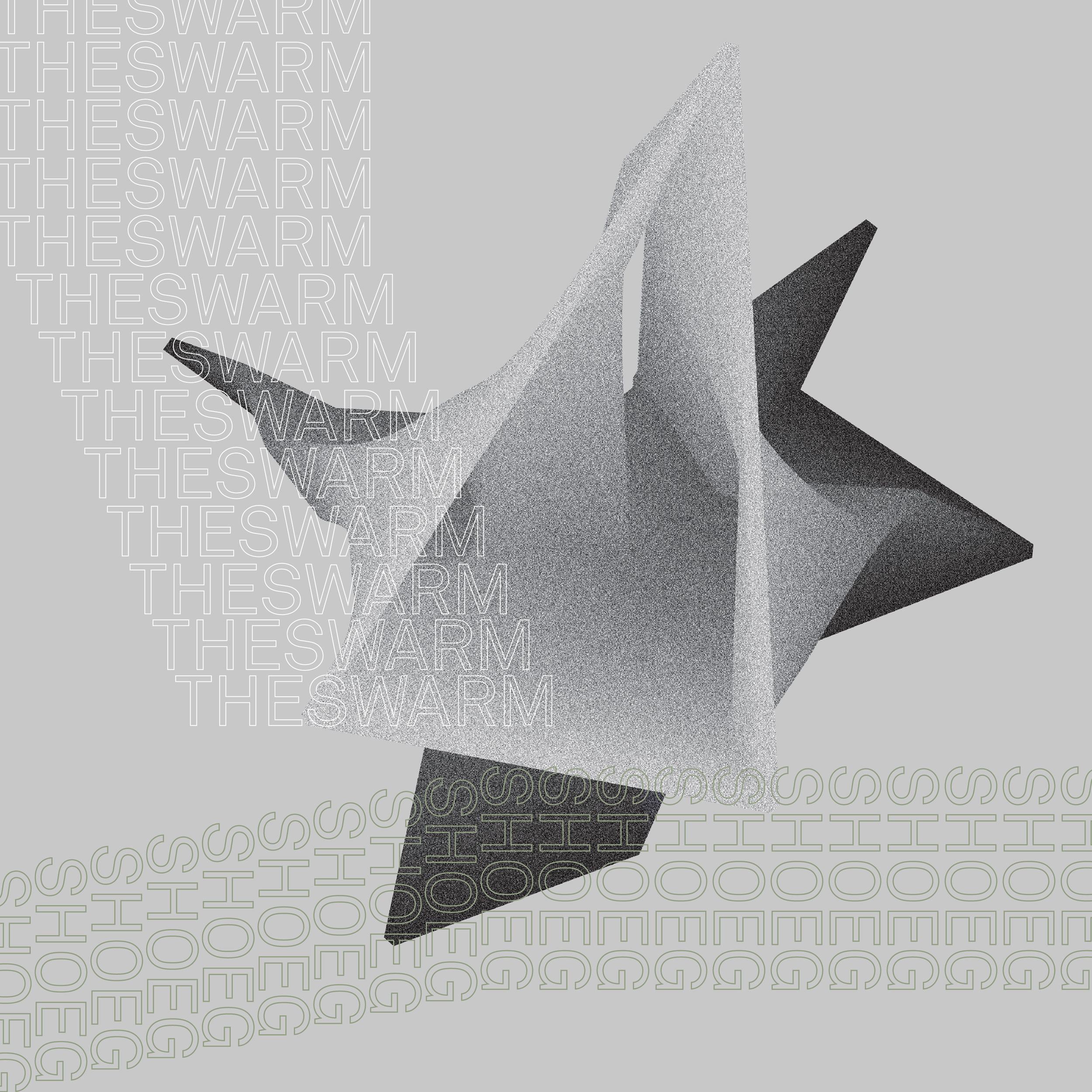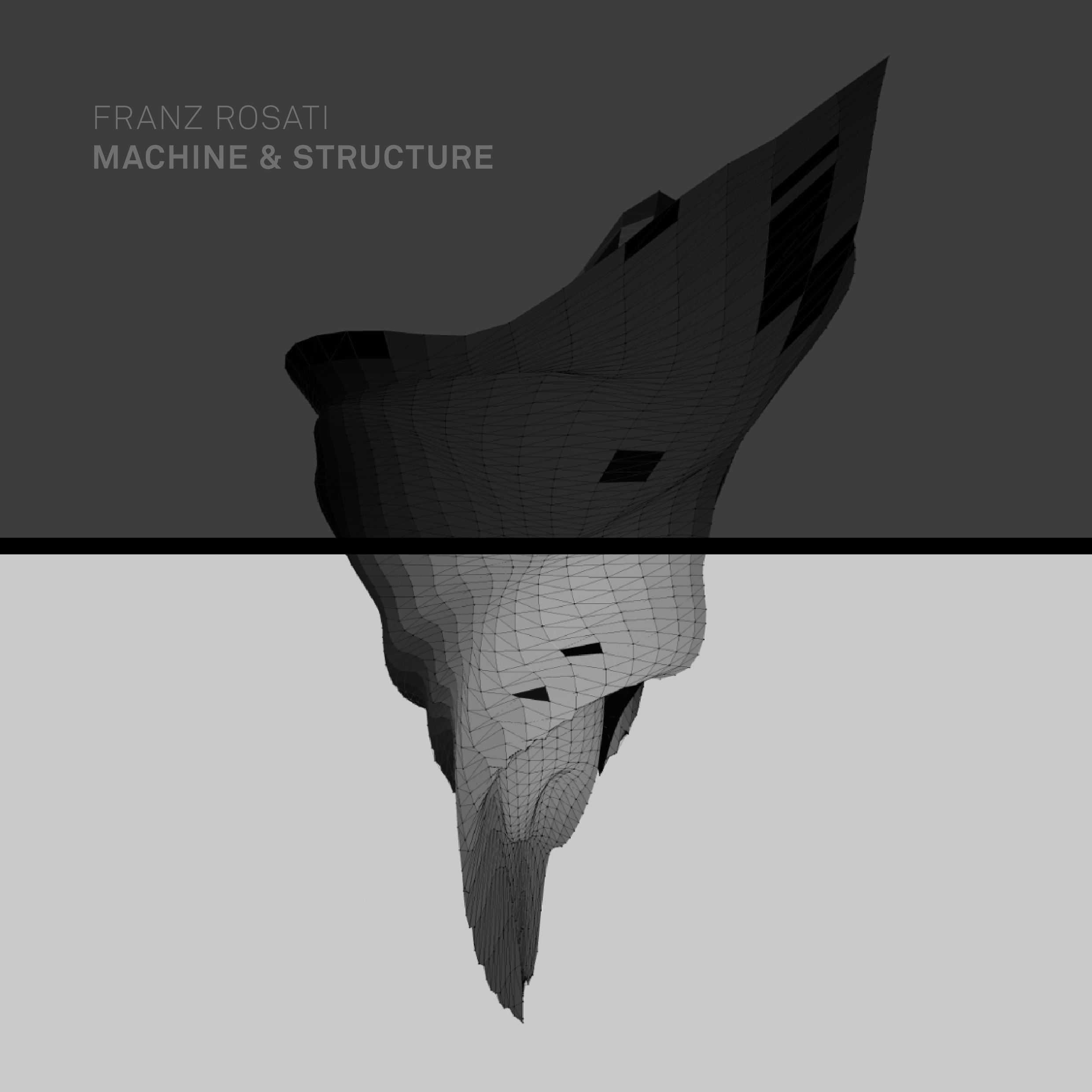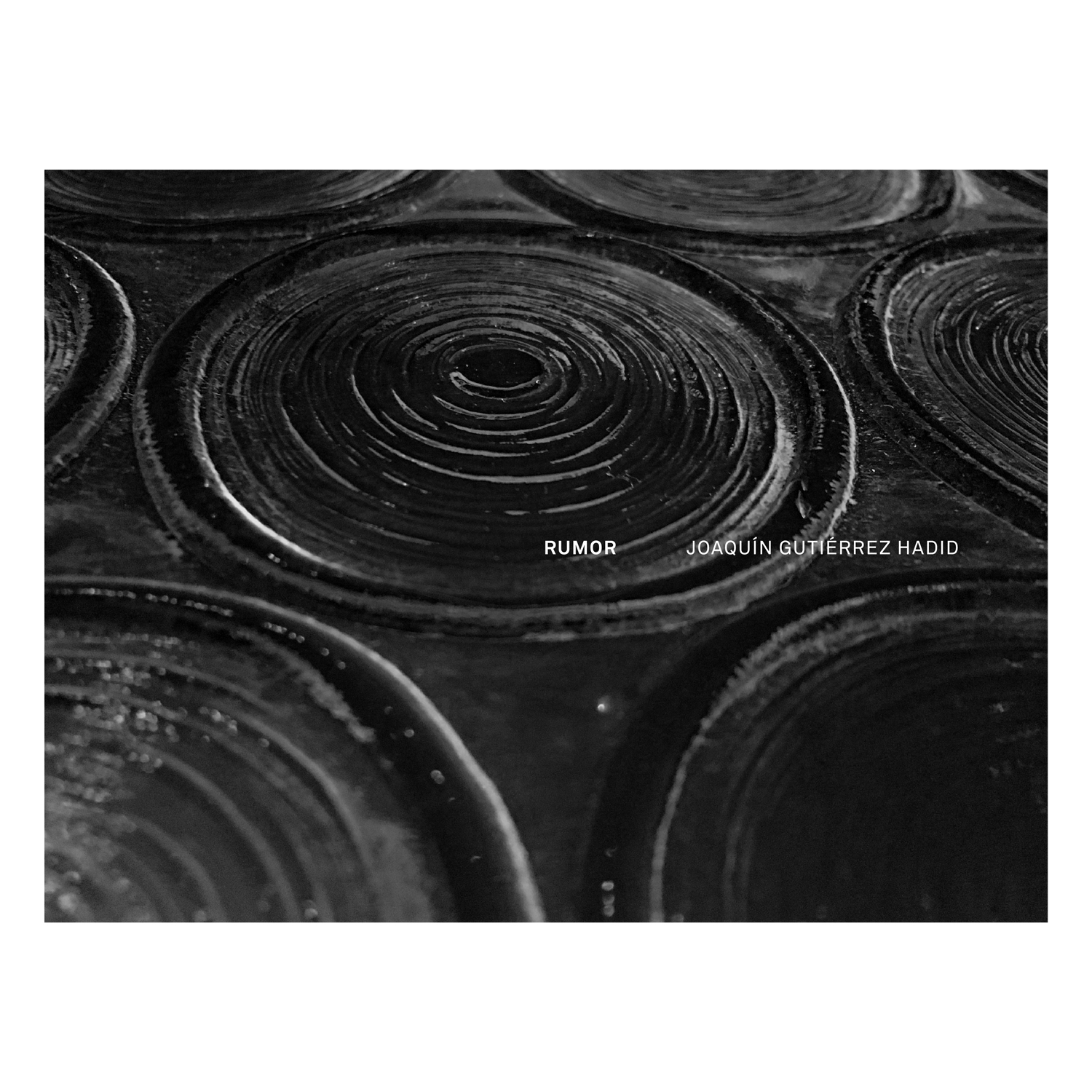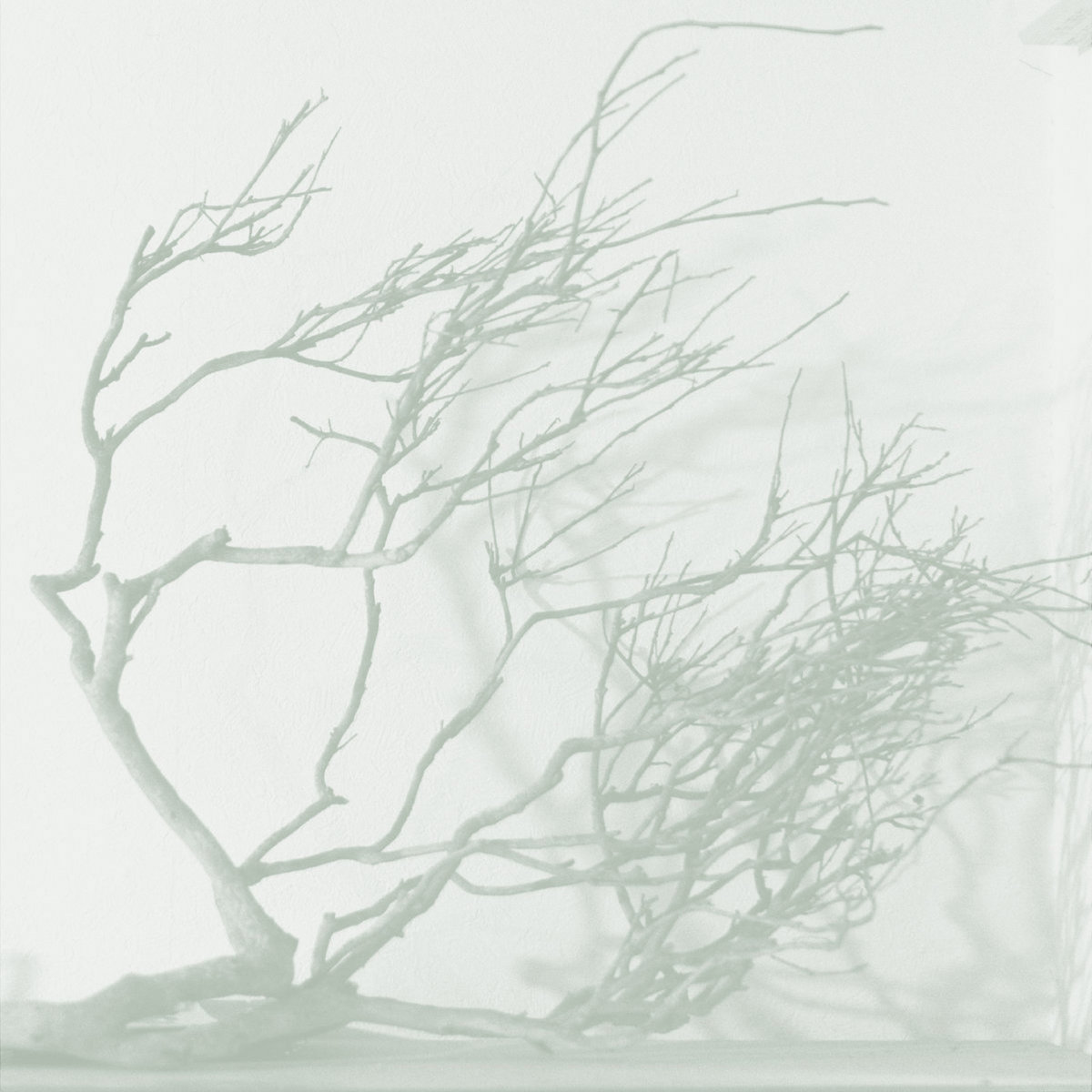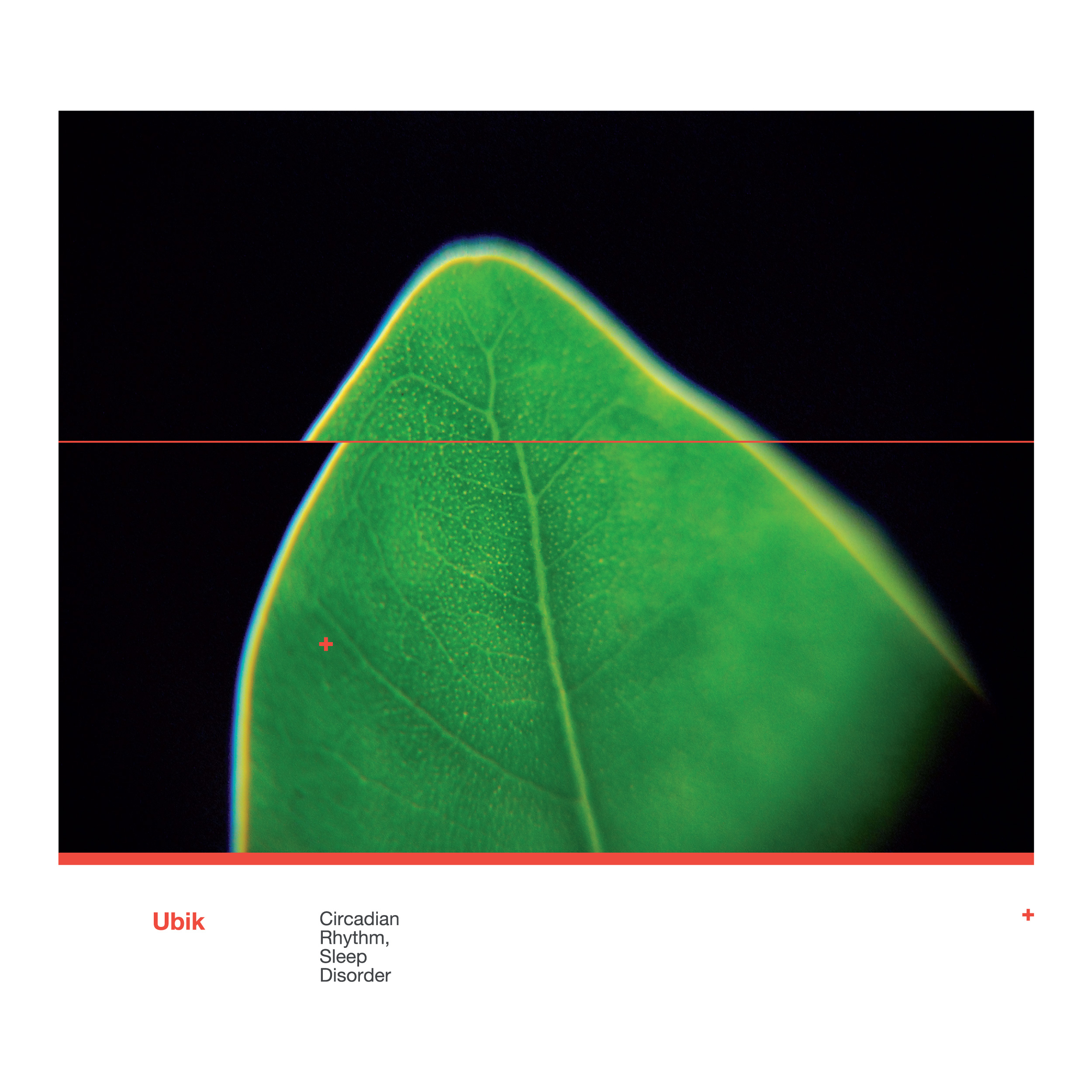ENSEMBLE EKTÒS (IT, NO, PL)
SEMÈIA KÀI TÈRATA
44’10”
FORMAT: CD + DIGITAL
CAT. N.: 9ED025
EDITION: 200
RELEASE DATE: 25 JULY, 2022
—
RECORDED BY MICHAŁ BIEL AT RMC COPENHAGEN IN SEPTEMBER 2019. MIXED BY MICHAŁ BIEL AND FRANCESCO TONINELLI AT RMC. MASTERED BY MATT BORDIN AT OUTSIDE INSIDE STUDIO.
—
DESIGN BY MOTE STUDIO
PHOTOGRAPHY BY FABIO PERLETTA
"The Septuagint is the name in which the first Greek translation of the Old Testament is identified, datable to the 2nd century A.D. According to Aristea's letter to Philocrates, in which the genesis of this version is mentioned, 72 sages from Alexandria commissioned by Ptolemy II were responsible for the translation. Within the text, the term "prodigy" (τέρας, tearas) is never found alone but forms an inseparable binomial with "sign" (σημεῖον, semèion), thus forming the expression σημεῖα καὶ τέρατα (semèia kài tearata).
Recorded in September 2019, Semèia Kài Térata is the first work by Ensemble Ektòs, a quartet of composers and performers based in Copenhagen. The work describes an austere yet imaginative path combining stillness with the use of silences. A ritual reiteration recalling the most extreme experiences of certain minimalism and microscopic attention to timbral stratification. Rigorous and evocative, with radical attention to the beauty of the whole sound set, Semèia Kài Térata well manages to identify that sense of mysterious inevitability evoked in the title, as well as the dark wonder that miracles often bear."
Marco Baldini
—
Michał Biel: Soprano Saxophone, Baritone Saxophone
Cosimo Fiaschi: Soprano Saxophone
Francesco Toninelli: Percussion, Objects
Hein Westgaard: Electric Guitar
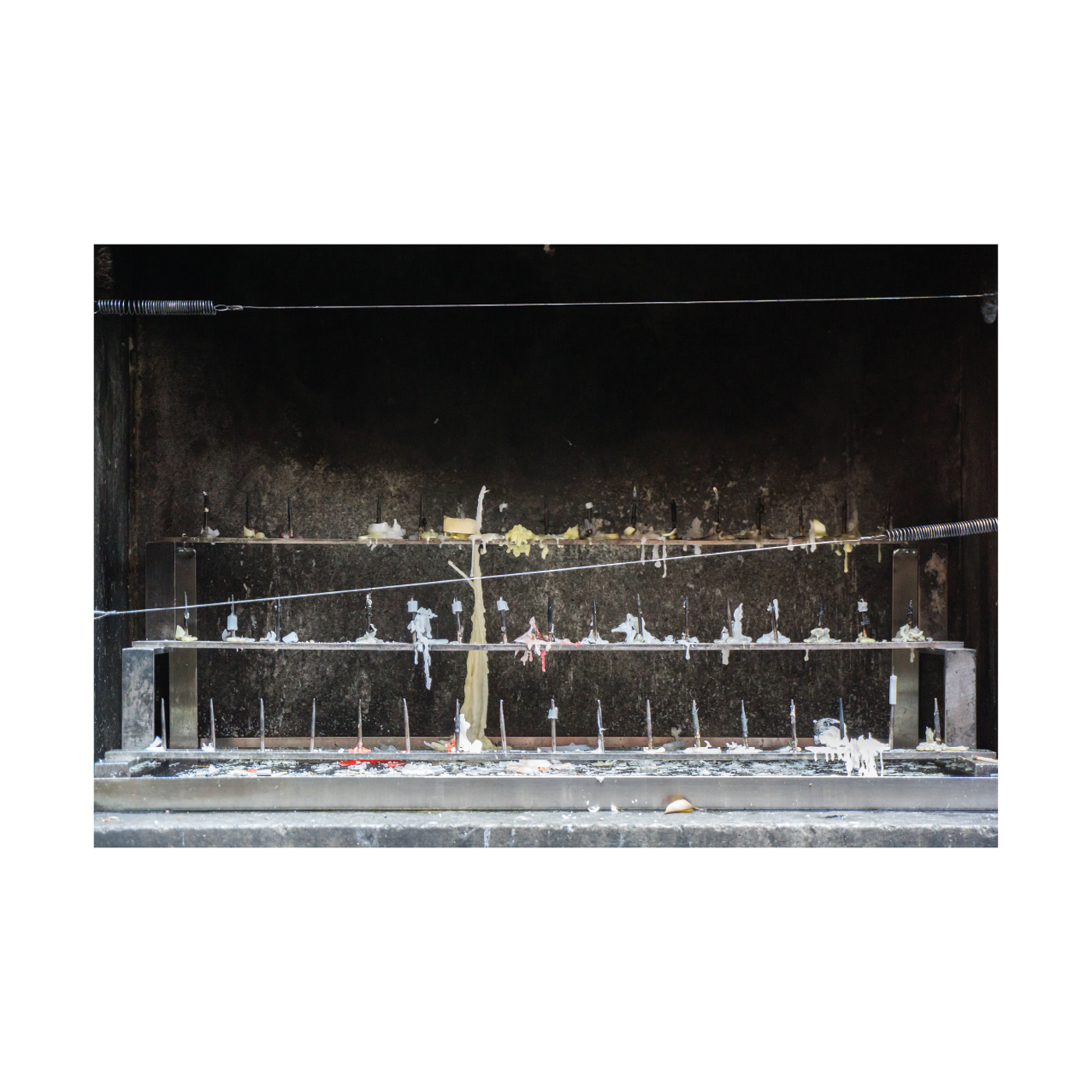



ENSEMBLE EKTÒS
Ensemble Ektòs is an instrumental group born in spring 2019 in Copenhagen. The four members found themsleves sharing an interest in stillness, quiet but colourful sounds, and silence. Eager for thoroughness and focus after being involved in a crowded improvised music scene. Since then, their research aims to integrate specific instrumental practices into a conceptual approach to composition investigating themes like chance, removal of the author, contingency or the interaction with natural and cultural phenomena, with an ubiquitous interest in the complexity of reality. The ensemble benefited from an experimental rehearsal practice built upon the interpretation of Wandelweiser repertoire, transcriptions of field recordings, extreme instumental techniques and mnemonic exercises, which created a solid yet versatile group identity.

